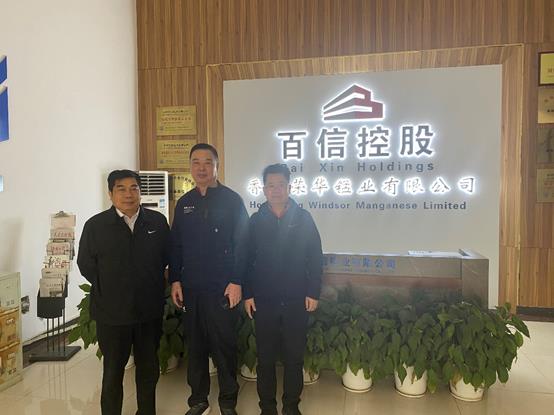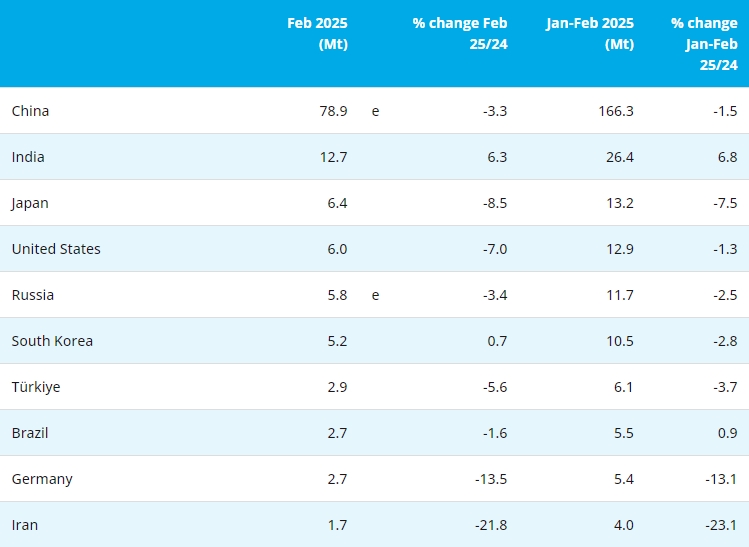[ferro-alloys.com]Glencore plans to reduce the number of subsidiaries based in so-called tax havens as the commodities giant seeks to improve transparency.
Glencore has come under criticism in recent years for its use of companies located in low-tax jurisdictions, with public officials and pressure groups accusing the company of transferring profits out of countries it operates in without paying appropriate levies to national governments.
In a report on Monday, Glencore denied employing such tactics, but said it’s reviewing all entities located in tax-haven jurisdictions. It’s planning to consolidate or eliminate as many as possible, or register for tax residence in other non-haven jurisdictions where the units can’t be shut down. It also published a group tax policy built around the objective of being viewed as a “good corporate fiscal citizen.”
“We do from time to time make use of companies incorporated in what would be termed tax neutral or tax haven jurisdictions,” Glencore said in the report. “Where that occurs, it is always for a specific purpose and the companies used can be referred to as special purpose vehicles.”
Glencore is based in Baar, in the canton of Zug, Switzerland, a jurisdiction known for its low personal and corporate tax rates.
The company’s overall payments to governments rose to $5.7 billion in 2018, up from about $4.5 billion in the prior year, it said in the report.
Other significant disclosures included:
$1.2 billion in payments to national oil companies in countries participating in the Extractive Industries Transparency Initiative — a voluntary program aimed at rooting out corruption whose members include Nigeria, Norway, Chad, Ghana and Cameroon.
Glencore paid an additional $14.3 billion in oil-related payments to governments of countries not participating in the EITI.
That compares with $2.99 billion in EITI country oil payments by rival oil trader Gunvor Group the same year.
Payments for oil originating in South Sudan totaling $425.7 million, for 6.4 million barrels of oil.
Total tax payments of $1.06 billion paid to the Democratic Republic of Congo, up from $408 million in 2017.
An adjusted effective tax rate of 30.9% across its global operations.
(Mining.com)
- [Editor:王可]



 Save
Save Print
Print Daily News
Daily News Research
Research Magazine
Magazine Company Database
Company Database Customized Database
Customized Database Conferences
Conferences Advertisement
Advertisement Trade
Trade














 Online inquiry
Online inquiry Contact
Contact

Tell Us What You Think